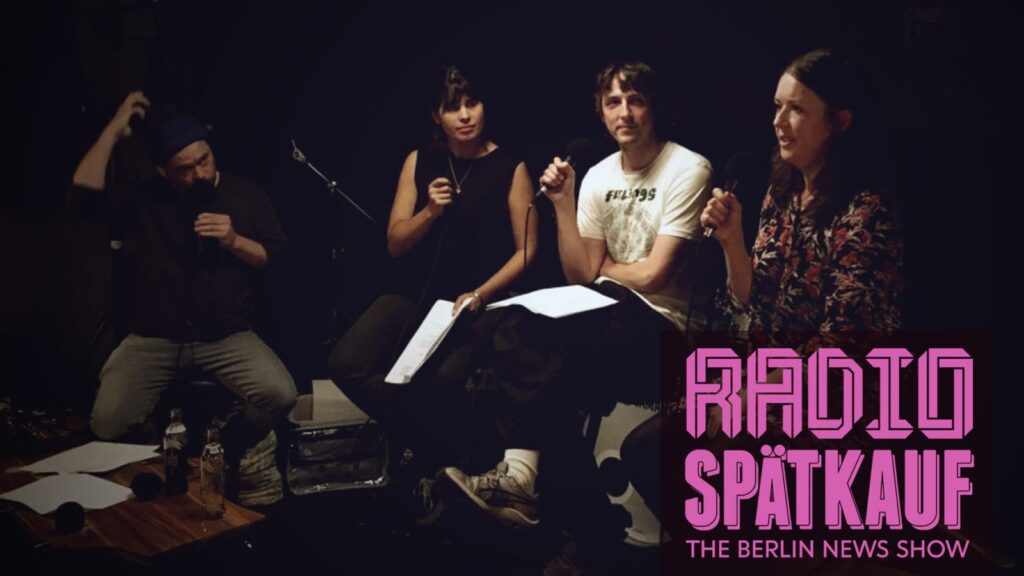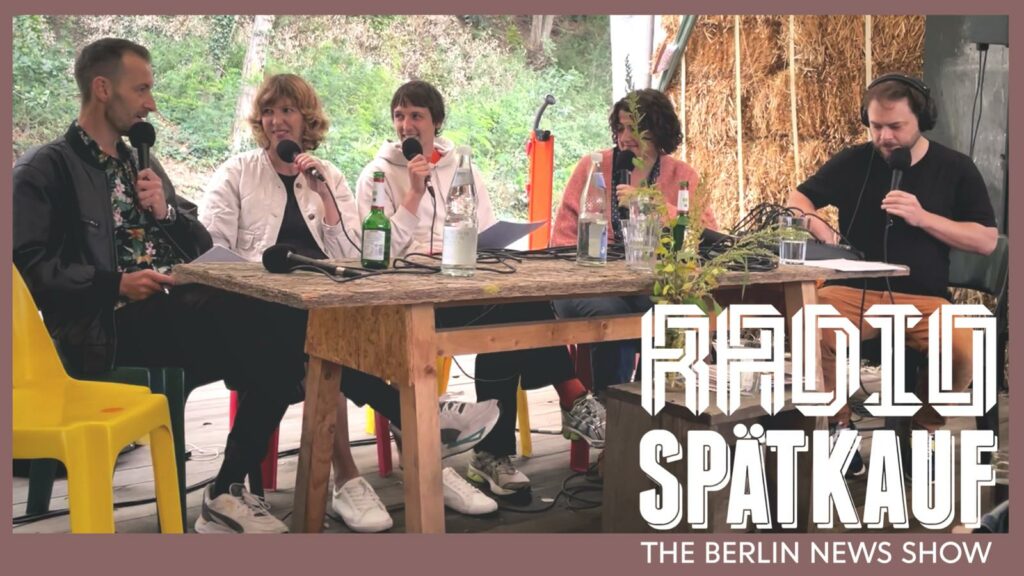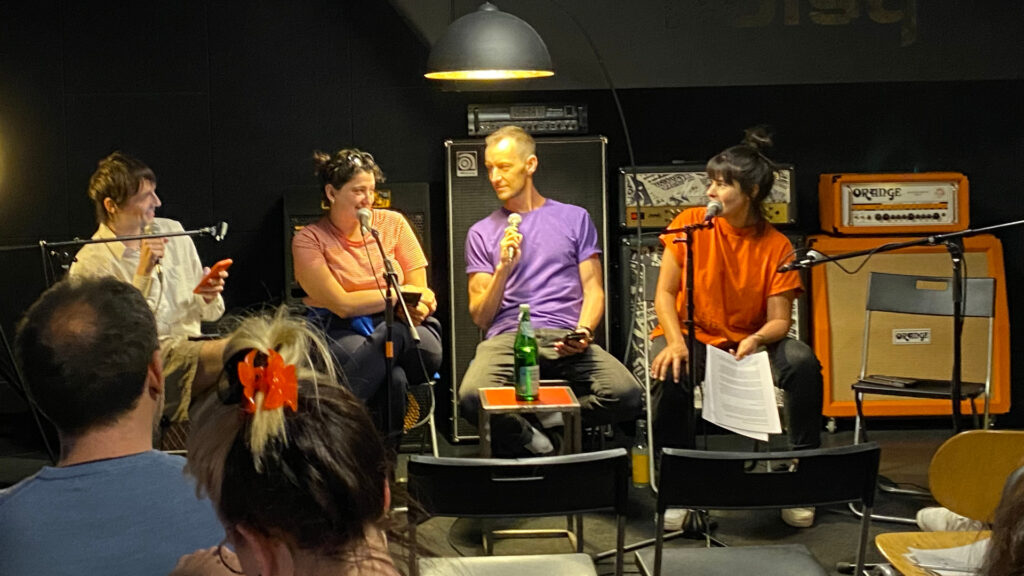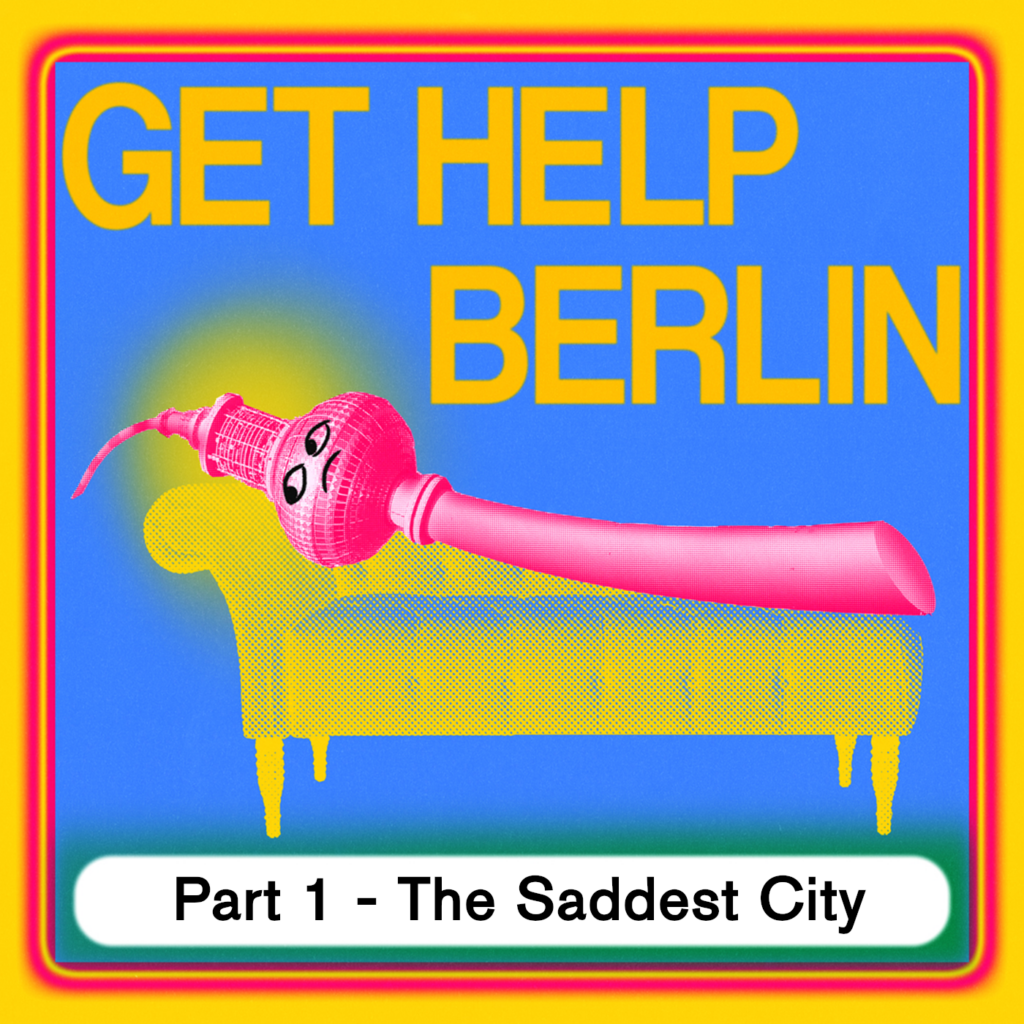
It’s official! Berliners will have to return to the voting booths. Berlin’s constitutional court ruled on Wednesday, that the Senate and Bezirks elections will have to be redone completely. Parties now have 2 months to get their ducks in a row and mount a sort of Sprint-Campaign before the re-election on February 12. Here to tell us all about the ramifications of this decision is friend of the show, frequent Radio Spaetkauf guest and co-host of the wonderful podcast Megan’s Megacan, Konrad Werner.
Climate activists are keeping busy in Berlin and celebrated a big success this week. Letzte Generation have joined forces with Ende Gelände and Extinction Rebellion to block off traffic to BER and the Klimaneustart 2030 initiative managed to collect around 262,000 signatures—way more than the 170,000 required to get a referendum going! Will we get to vote for decisive climate action on February 12 as well?
We speak to Lea Beckmann, a lawyer and anti-discrimination expert for the Gesellschaft für Freiheitsrechte, to understand how Berlin law enforcement and Germany’s judicial system are failing people with disabilities in cases of gendered harassment and violence.
https://www.frauen-gegen-gewalt.de/en/
https://www.weibernetz.de/welcome.html
https://bodys.evh-bochum.de/ueber-bodys.html
And we discuss how Berlin is reacting to the criticism of the football World Cup in Qatar and what the Berlin Senate is doing about skyrocketing raccoon populations…
This episode was sponsored by Athletic Greens. Visit http://www.athleticgreens.com/spaetkauf and get a free year’s supply of Vitamin D3+K2 for immune support, 5 convenient Travel Packs and a starter kit with your first AG1 order!
This episode was recorded live at Two Fellas Brewery in Pankow, so you might hear a little extra background noise.
Stop by one of our Brews and Berlin News Winter Tour locations. Our next show will be on Dec 18 at Vagabund Brauerei in Wedding. Register for tickets here.
Hosts: Izzy Choksey, Jöran Mandik, Matilde Keizer and Daniel Stern
Producer: Anne-Marie Harrison
If you like what we do and want us to keep making the show, please support us by subscribing or donating.



